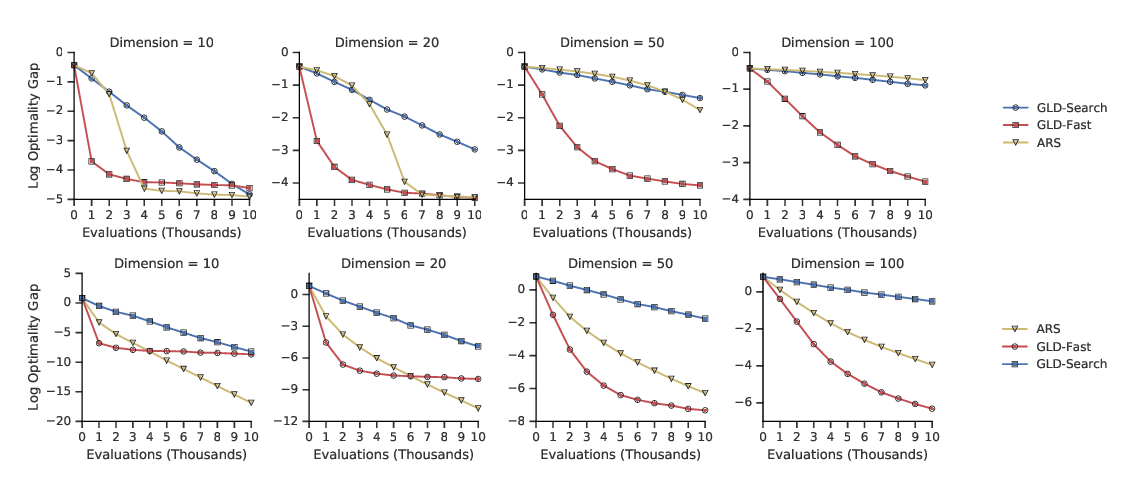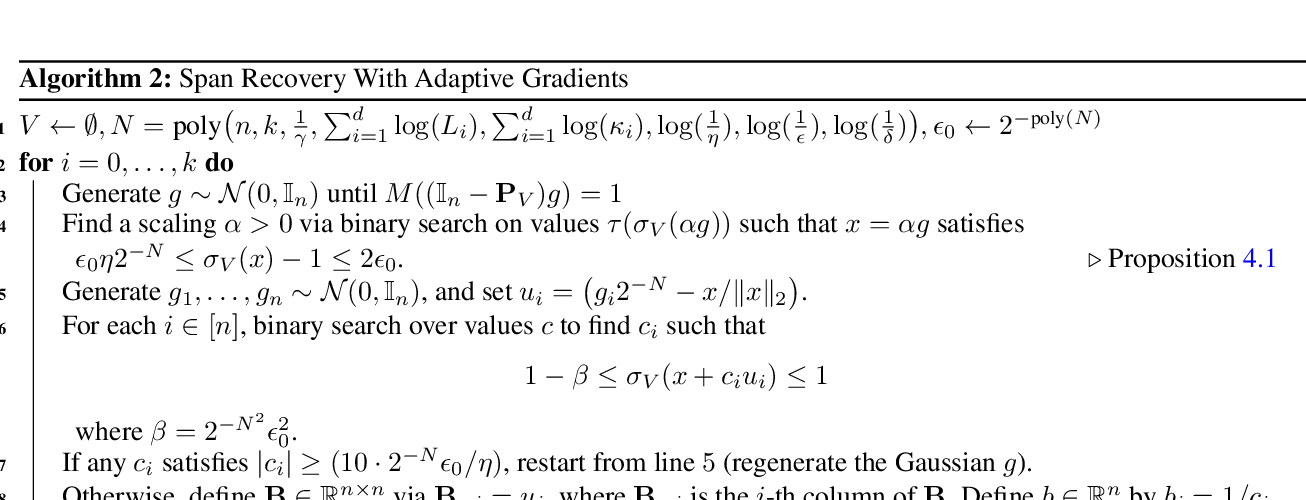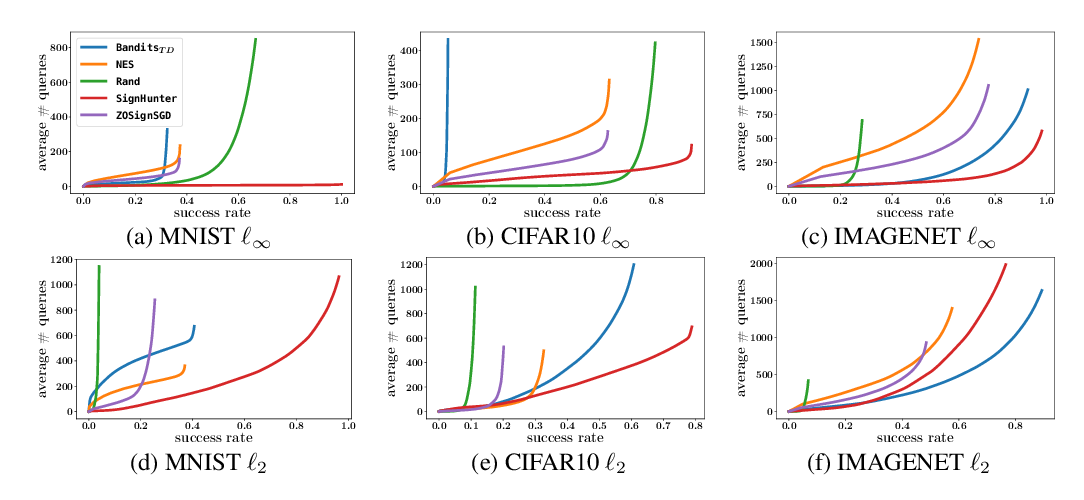Abstract:
Answering complex logical queries on large-scale incomplete knowledge graphs (KGs) is a fundamental yet challenging task. Recently, a promising approach to this problem has been to embed KG entities as well as the query into a vector space such that entities that answer the query are embedded close to the query. However, prior work models queries as single points in the vector space, which is problematic because a complex query represents a potentially large set of its answer entities, but it is unclear how such a set can be represented as a single point. Furthermore, prior work can only handle queries that use conjunctions ($\wedge$) and existential quantifiers ($\exists$). Handling queries with logical disjunctions ($\vee$) remains an open problem. Here we propose query2box, an embedding-based framework for reasoning over arbitrary queries with $\wedge$, $\vee$, and $\exists$ operators in massive and incomplete KGs. Our main insight is that queries can be embedded as boxes (i.e., hyper-rectangles), where a set of points inside the box corresponds to a set of answer entities of the query. We show that conjunctions can be naturally represented as intersections of boxes and also prove a negative result that handling disjunctions would require embedding with dimension proportional to the number of KG entities. However, we show that by transforming queries into a Disjunctive Normal Form, query2box is capable of handling arbitrary logical queries with $\wedge$, $\vee$, $\exists$ in a scalable manner. We demonstrate the effectiveness of query2box on two large KGs and show that query2box achieves up to 25% relative improvement over the state of the art.


